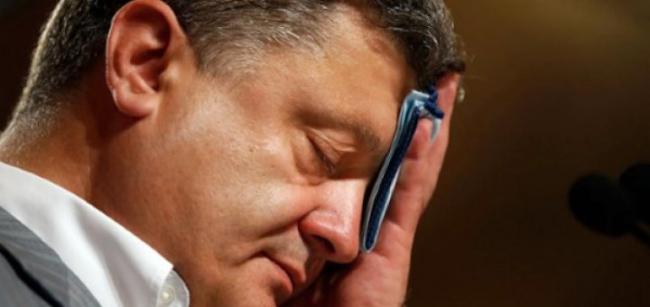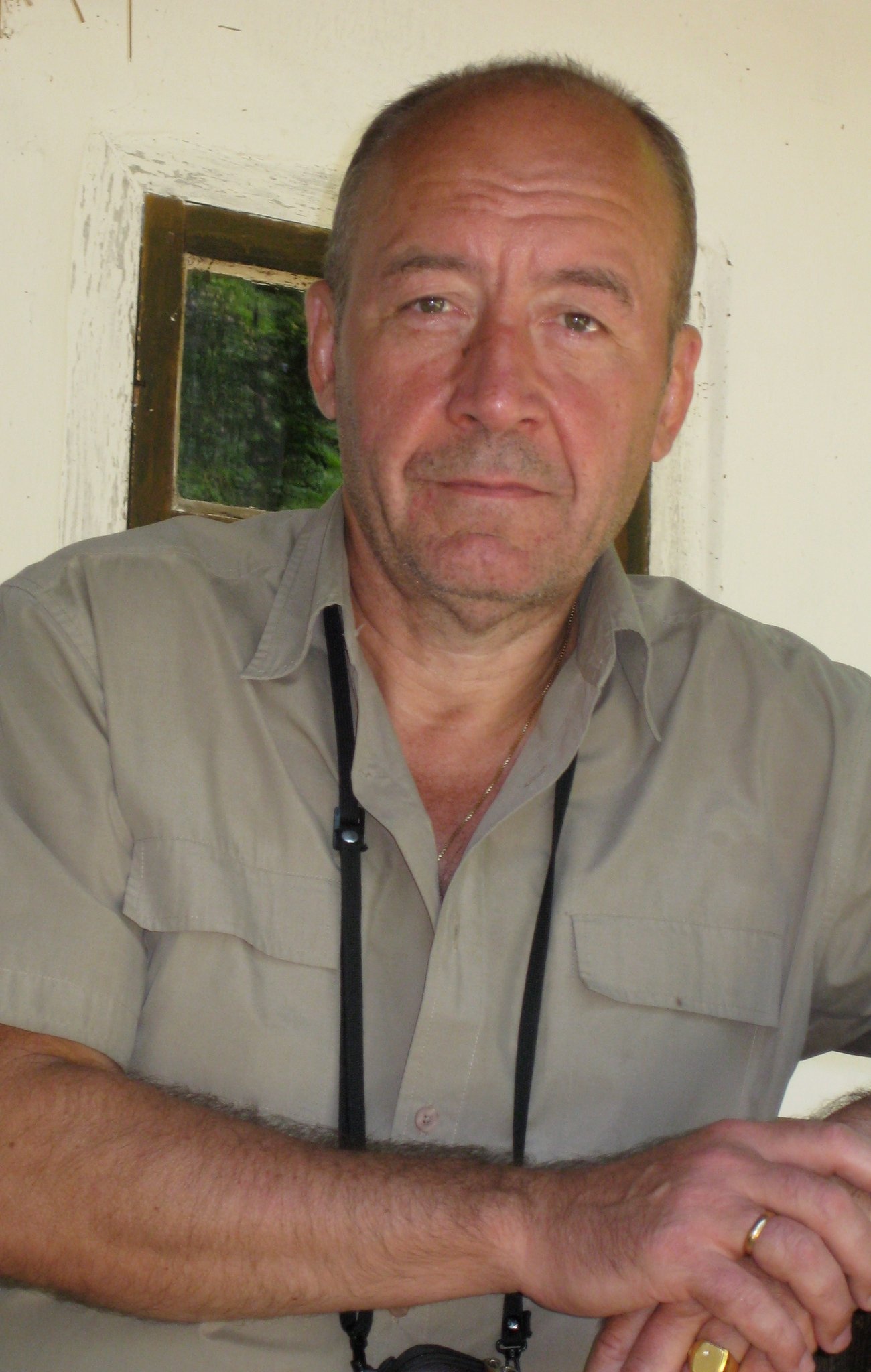The total volume of foreign aid to Ukraine has reached $7.5 billion over the last year and the half. Ukraine just managed to pay $120 million of it’s national debt, nevertheless predictions immediately began to sound that the country has not pass the threat of default, and this issue will again be relevant this September. International rating agency Moody’s estimated the probability of default in Ukraine in 2015 to 75%.
The latest Forbes publication on the subject is entitled: “Ukraine’s Economy Is Nearing Collapse.”
In spite of all these facts there is also a lot of information that gives hope that Ukraine may overcome all the contemporary problems. For example a lot of elements of Ukrainian economy show tremendous potentials for the nation.
In the mid-1970s there was the slogan in the Soviet Union of “the struggle” for “the Ukrainian billion”. That meant that Ukraine had a duty to harvest one billion pounds (16 million tons) of grain! The soldiers and students from all over USSR were sent to Ukraine to help during the harvest time! This year there was produced almost four times more grain and twice more then “the billion” was exported from Ukraine.
According to Ukrainian Agriculture Minister Alexei Pavlenko this year Ukraine has set a record for the export of grain. Pavlenko reported resently at Cabinet meeting:
“Contrary to some saying that Ukraine will be without bread, we have the remains after export of nearly 30.5 million tons more than last year. We have enough bread to eat, and there is enough grain to provide food security even in the case of the worst crisis”.
Pavlenko also said that Ukraine’s farms are feeding 140 million people throughout the world. Ukraine is the only country that has such ability and also the potential to double production.
This month British newspaper The Financial Times reported that in the first half of 2015 Ukraine has become the largest supplier of corn to China. 89% of all Chinese imports of corn comes from by Ukraine, which having achieved this result in less than three years.
Polish entrepreneur Maciej Szyszko has lived in Ukraine for seven years. He is a board member of the Polish-Ukrainian Chamber of Commerce and the head of the insurance company PZU, one of the top 15 insurers of Ukraine in terms of gross premiums. At a time when foreign investors are leaving Ukraine, PZU shareholders are purchasing more Ukrainian insurance companies.
A correspondent of the web site Insurua.com asked Maciej Szyszko what he thinks about terrible economic atmosphere in Ukraine. Maciej Szyszko answered:
“I’m probably saying strange things, but our figures do not confirm this atmosphere. We are signing about 2000 contracts per day.”
Recognizing that today the Ukrainian economy is 15 years behind Polish economy he nevertheless believes that Ukraine has a chance to catch up with Poland quickly.
He tells:
“Half a year ago Ukraine was in a worse economic situation than now. In recent months I have not heard about someone ‘pressed out’ somebody else’s business or made a raider’s capture of somebody’s enterprise. This means that the climate for investors is slightly improving… Now Ukraine has a great opportunity to break into the European market.
“Ukraine before the revolution was like a person who had smoked heavily. Revolution was a stroke. She had found herself in hospital, she had surgery: cut off of Crimea. If Ukraine will survive, she has a great chance to quit smoking. Such chances are rare. Don’t miss this one, and Ukraine will catch up with Poland.”
In my opinion the situation in Ukraine today was best described by Victor Mironenko, a historian, the head of the Russian Center of Ukrainian Studies, Adviser to the “Gorbachev Foundation”. In the past he was а close associate of President Gorbachev and before that he was the First Secretary of the Young Communists Organisation of the USSR.
Recently an interview with Mironenko was published in the popular Ukrainian web site Gordonia.com:Mironenko accepts the fact that the most accurate definition of the situation in Ukraine is a crisis situation. But he disagrees with those who pay attention only to the bad side effects of a such situation… He thinks that it is often forgotten that a crisis is a catharsis, as the Greeks said, purification, the ability to give up something of the past, consider the old mistakes. When the lowest point is reached (which in his opinion is already happened in Ukraine), one can begin the road to recovery and creating something new.
Mironenko thinks that the reasons for problems in Ukraine were corruption and bureaucracy, completely disproportionate for the country. “I think that two or three of Maidans, – says Mironenko, – and these problems will disappear.” Mironenko believes that one should not be afraid of Maidans. He rejects Russia’s conviction that revolution is an alternative to the rule of law and order. On the contrary he believes that people need to go out and demand. Society is alive when it is responding to wrong decisions. The struggle of political forces is always an opportunity to correct an error. It is the most important thing in democracy, which now doesn’t exists neither in Russia, nor in the other totalitarian and authoritarian regimes. Over there errors are not fixed until a king, an emperor, or a president for life dies. And Mironenko believes that in modern times 2-3 year delay with the work on economic or political mistakes can be disastrous for a country.
Victor Mironenko says:
“God save Putin! If his Ukrainian policy continues, Ukraine will become a comfortable European country. It is a paradox, but if not for the pressure of the Russian Federation, if not for Russia’s senseless, stupid and totally ignorant policy, probably, Ukraine would not have survived.
“Today In Ukraine there is a real possibility of upgrading. There are a number of obvious phenomena that inspire optimism. A new social class has appeared in Ukraine, albeit not very large (the figure of 15-20%), the class interested in the modernization of the country. People want to live in a modern European state. They have learned to protect their interests and are willing to do it. Ukrainians, as opposed to Russians, declare their agreement or disagreement with the policy of the leaders of the state. After a week of being in Ukraine, I see a lot of people, who realize that they can raise the country only by their own labor and joint efforts.
“A year ago, at a meeting with the Greek Ambassador, I asked how much money the EU has allocated to bail out Greece. She named a figure of $300 billion. I said that if to give Ukraine at least $100 billion, under certain conditions, it will quickly show good results. Here, people are motivated, they want to work, want to create their life with their own hands. So give them this opportunity!”



